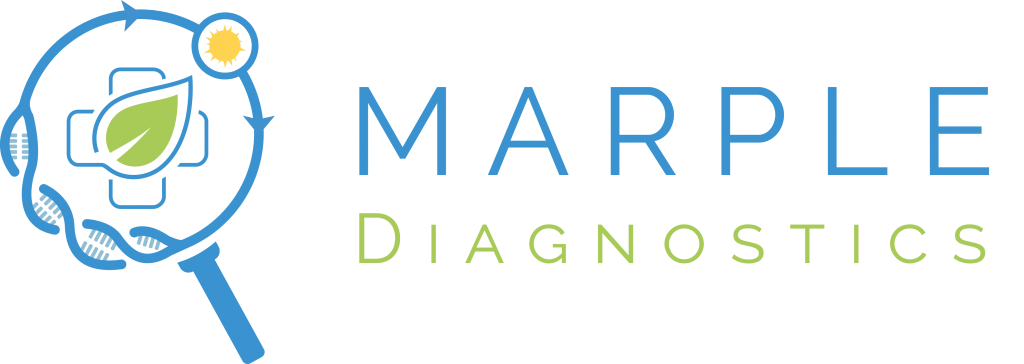DIGITAL FOOD SYSTEMS EVIDENCE CLEARING HOUSE

Implemented in:
Primary users:
Food system component(s):
Food system activity/ies:
Type(s) of digital intervention:
Mobile in-field pathogenomics platform MARPLE speeds up crop pathogen surveillance and diagnostic.
Description
This project has developed and mainstreamed an affordable, mobile in-field pathogenomics platform called MARPLE (Mobile And Real-time PLant disEase) diagnostics which provides crop pathogen surveillance and diagnostic. Through quicker, cheaper, and readily deployable software and data management tools, MARPLE diagnostics reduced wheat yellow rust risks for smallholder farmers.
Estimated number of active users:
- At inception: 7
- At time of last report: 50
Evidence of impact
– One Ethiopian scientist was extensively trained at the John Innes Centre (JIC) for five months, whilst others received training directly from JIC scientists in Ethiopia.
– In the pilot phase, accurate diagnosis of yellow rust strains from field samples to genetic group was obtained within 3 days of sample collection.
– 1 article published providing a detailed road map for researchers to establish similar systems for other important fungal pathogens
– 1 paper published in BMC Biology that shows how the research partnership reduced the speed of diagnostics from many months in high-end labs, to just two days from the side of an Ethiopian field.
– 4 key wheat research stations will be equipped with MARPLE diagnostic kits in Ethiopia (Kulumsa, Sinana, Mek’ele, and Ambo), and the existing central hub at Holeta will be strengthened.
– Awarded 2019 BBSRC Innovator of the Year for international impact




